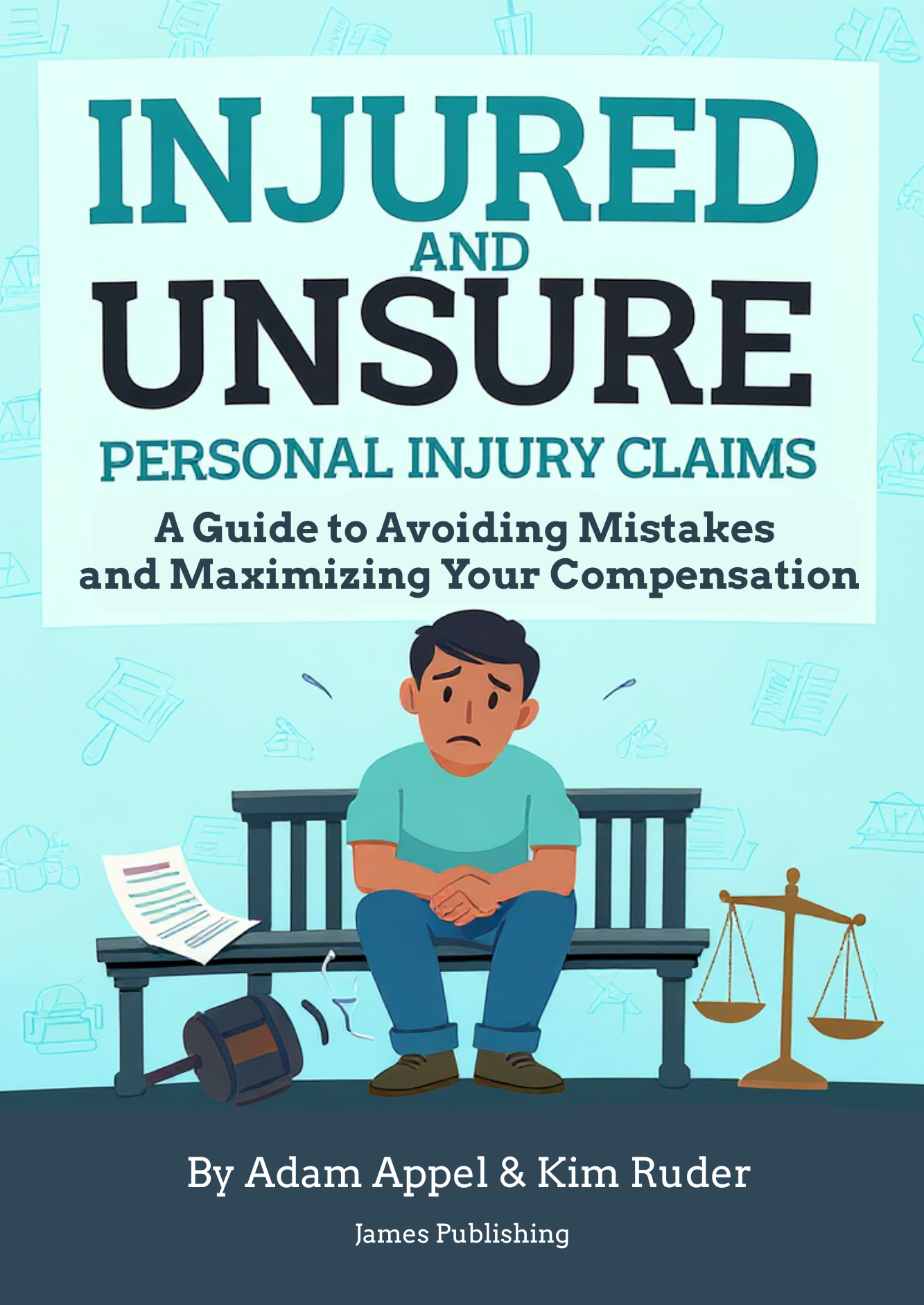Table of Contents
The National Highway Traffic Safety Administration opened an investigation in October 2024 regarding Tesla’s “Full Self-Driving” system after getting reports of crashes in low-visibility conditions, including one that killed a pedestrian.
The investigation is based on whether these autonomous vehicles can “detect and respond appropriately to reduced roadway visibility conditions, and if so, the contributing circumstances for these crashes.”
The investigation covers roughly 2.4 million Teslas from the 2016 through 2024 model years.
Critics have said that Tesla’s system, which uses only cameras to spot hazards, lacks the proper sensors to be fully self-driving. Nearly all other companies working on autonomous vehicles use radar and laser sensors in addition to cameras to see better in the dark or poor visibility conditions. Tesla has repeatedly said that the system cannot drive itself and that human drivers must always be ready to intervene.
As the investigation progresses, questions surrounding who can be liable for these crashes continue. At Dermer Appel Ruder, our Georgia auto accident attorneys know determining responsibility for accidents involving fully self-driving vehicles is a complex issue that depends on various factors, including the vehicle’s level of automation, the circumstances of the incident, and existing legal frameworks. Here’s what that means.
Levels of Automation and Liability
The Society of Automotive Engineers (SAE) defines six levels of driving automation:
- Level 0 (No Automation): The human driver is fully responsible for all driving tasks.
- Level 1 (Driver Assistance): The vehicle can assist with steering and acceleration/deceleration, but the human driver remains responsible.
- Level 2 (Partial Automation): Under certain conditions, the vehicle can control both steering and acceleration/deceleration; however, the driver must monitor the environment and be prepared to take control.
- Level 3 (Conditional Automation): The vehicle manages all driving tasks under specific conditions, but the driver must be ready to intervene when requested.
- Level 4 (High Automation): The vehicle can perform all driving functions under certain conditions without human intervention.
- Level 5 (Full Automation): The vehicle is capable of all driving tasks under all conditions without human input.
As vehicles progress from Level 0 to Level 5, liability potentially shifts from the driver to the manufacturer and software developers. In fully autonomous vehicles (Levels 4 and 5), manufacturers are generally expected to assume responsibility for accidents caused by their systems.
Current legal frameworks are evolving to address the complexities of autonomous vehicle accidents. In the United States, liability may be determined based on product liability laws, which hold manufacturers accountable for vehicle defects. If a software defect causes a crash, the software developer may also be held liable.
As technology evolves, so will the legal and regulatory frameworks governing autonomous vehicles. Stakeholders, including manufacturers, insurers, and policymakers, are actively working to address these challenges to ensure safety and clarity in liability.
If you have been injured or lost a loved one in a collision with an automated vehicle in Georgia, contact our Norcross personal injury lawyers at Dermer Appel Ruder today by calling 404-620-2224 or online to discuss who may be liable for your damages during a free consultation.
